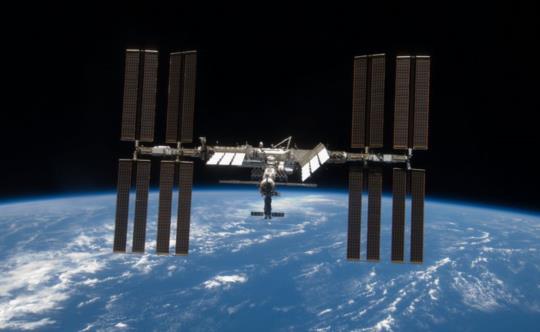
NavList:
A Community Devoted to the Preservation and Practice of Celestial Navigation and Other Methods of Traditional Wayfinding
From: Robert Eno
Date: 2018 Feb 11, 00:26 -0700
So Frank,
I take it you are not a big fan of the space program? Are you just dead set against it, or are you like me and miserably disappointed that after 1972, we never left earth orbit and just gave up on manned space travel? Space stations, the space shuttle, even Elon Musk’s latest stunt. As an aside, I won't entirely dismiss the recent Space X rocket, and I do not profess to have the brains to do better, but it is just a re-usable variation of what we have been employing since 1959. None of these things garnered as much excitement, enthusiasm and wonder in me as did the Apollo Lunar Program.
In 1969, I was certain that by the time I reached adulthood, we would have sent men to the outer reaches of the solar system and established bases on the moon and Mars. I figured for sure, that we would have developed atomic propulsion systems -- or something along those lines -- that would send manned spacecraft outward at near the speed of light. But here we are, 45 years later and seemingly no further ahead. We have not put a human being beyond Earth orbit in all of that time and we are still sending metallic tubes into orbit using dead dinosaurs for fuel. To me, one of the biggest disappointments in life is just how far the space program did NOT go.
In Walt Cunningham’s book, “The All American Boys” he relates a comment made in 1967 by then President Lyndon B. Johnson:
"It's unfortunate but the way the American people are, now that they have developed all of this capability, instead of taking advantage of it, they will probably just piss it away"
Robert
From: NavList@navlist.net [mailto:NavList@navlist.net] On Behalf Of Frank Reed
Sent: February-10-18 2:09 PM
To: enoid@northwestel.net
Subject: [NavList] Re: X-ray sextant
The coverage in Ocean Navigator is late to the game. This has been discussed in NavList messages for many years. The recent attention probably follows a NASA press release last month: https://gameon.nasa.gov/category/deep-space-navigation-and-communication/.
Though we allow the word sextant to be used for a rather broad range of instruments, it should be added that this NASA experiment, which uses the nickname "SEXTANT", is nothing like a sextant. A better description for this would be something like "Nature's GPS". It operates in the time domain, like GPS, and not in the angle domain, like a sextant. By comparing the delays in the signals from pulsars, a position can ber determined in much the same way as by GPS.
Should we celebrate NASA's amazing achievement? Sure. Whoopee. So long as money does not exist in our glorious Tomorrowland world. This experiment is probably decades away from being fielded in any real navigation context. It's un-necessary "space cadet" game-play. Its presence as an experimental package on the International Space Station is a fine reminder of the simple fact that space stations encourage pointless, make-work projects. It's grotesquely wasteful government pork. The space station is a hole in space surrounded by aluminum, into which you pour money.
Frank Reed







